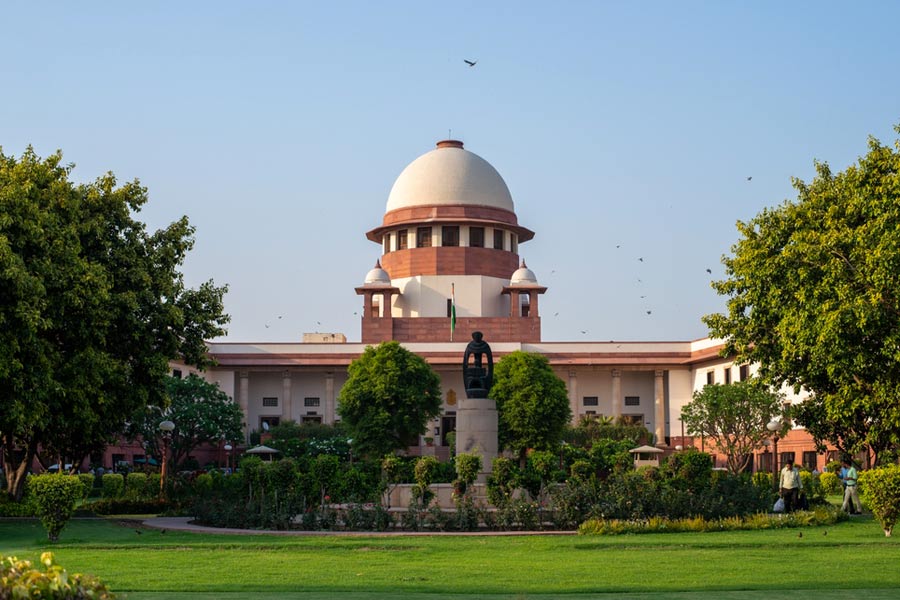The Supreme Court declared the electoral bonds scheme for funding political parties unconstitutional. This striking judgment was followed by the court’s directions to the State Bank of India, empowered for transactions in the scheme beginning 2018, to supply all the contributors’ names, donation amounts and beneficiary parties’ names to the Election Commission of India, which must display them on its website by March 13. That would remove the anonymity that was possibly the scheme’s main attraction. Before electoral bonds existed, contributions in cash were often anonymous, which encouraged the infusion of black money into elections. The Narendra Modi-led government claimed that bank-reliant bonds would stop this infusion. This was the government’s interpretation of transparency. The Supreme Court, in two concurring judgments from a five-judge bench that included the Chief Justice of India, emphasised the opacity of the electoral bonds system instead, stating that it violated Articles 19 and 21 of the Constitution. Indicating that the anonymous donor could be known to the beneficiary party by various means, the judgment mentioned the possibility of trade-offs or ‘quid pro quo’, which would strengthen the tie between money and politics. Donors could influence policy-making and virtually gain ‘a seat at the table’. The other aspect of this injustice was the economic inequality that permitted a select few this illicit advantage.
The Opposition had always condemned the system, which, perhaps because of its anonymity, benefited the ruling Bharatiya Janata Party the most. Details of donors would be available to the government on tap since the SBI is a public institution. The ECI had stated that since these contributions fell beyond the purview of mandatory reporting, it was never clear if a party received funds from government companies or foreign sources, which was barred by law. Besides, the scheme was included in a money bill in 2017, which violated convention and, some critics added, even the Constitution. But a money bill needed only the Lok Sabha’s clearance and could avoid the Rajya Sabha where the BJP was not in majority at the time. So it made a backdoor entry, even though the prime minister insisted on its transparency.
The nexus between money and politics is hardly novel; the Opposition is not innocent in this. But electoral bonds institutionalised it and ensured that the government was the greatest beneficiary: it could always check who was funding rival parties. Yet these donations constituted a fraction of electoral spending. Cash donations continue, as do donations through cheque and electronic transfer. The latter, however, are tax-free. The judgment is a moral defeat for the BJP government and an assertion of constitutionality, transparency and the rule of law. But it also directs attention to the urgent need for a system that would truly minimise the nexus that the judges condemned. That is the legislators’ job and a test of their sincerity: will they push for transparency and reject black money in electoral funding? Meanwhile, the ECI’s task would be to provide practical plans for the cleansing.










